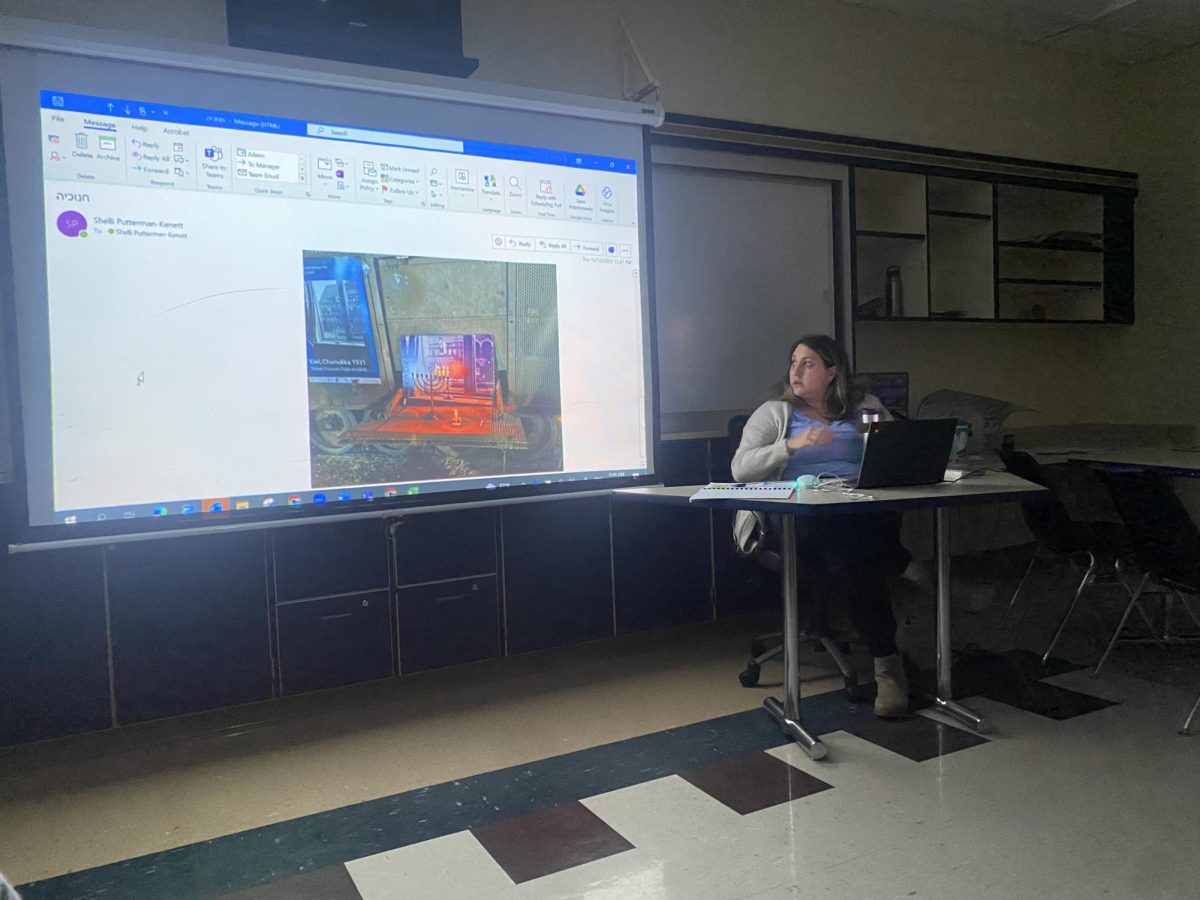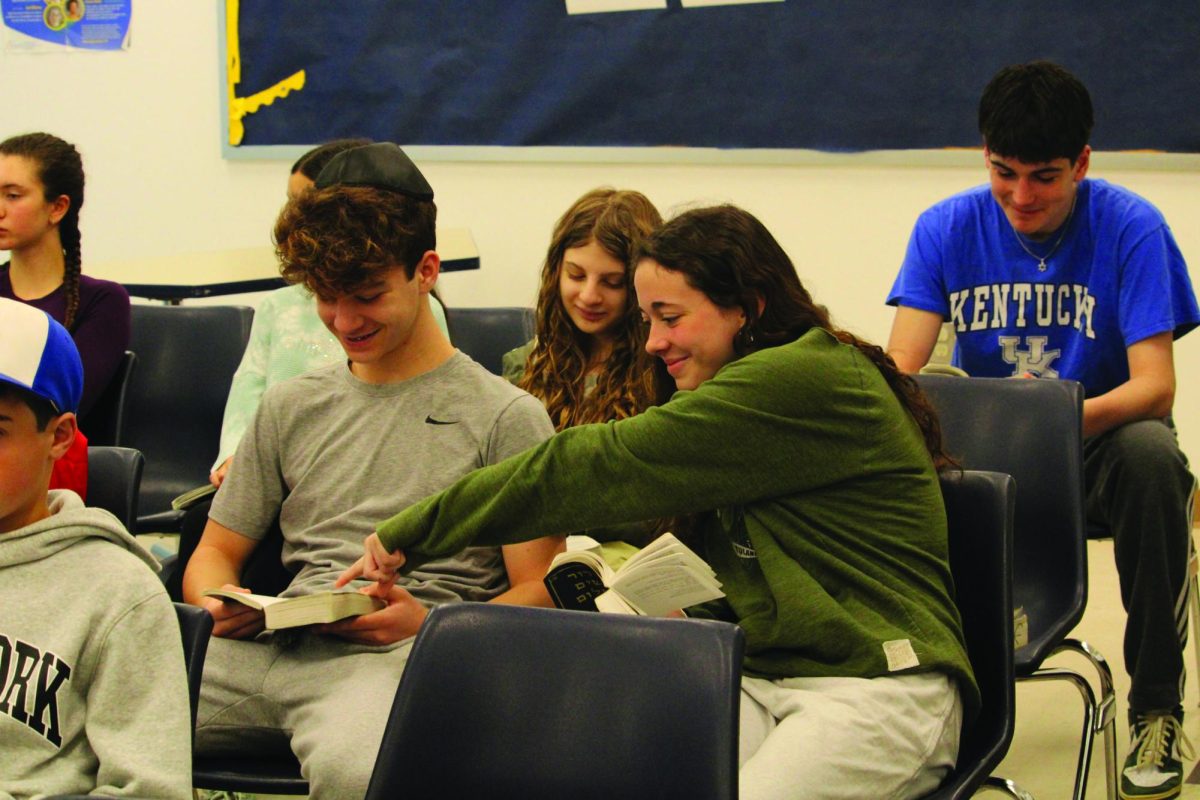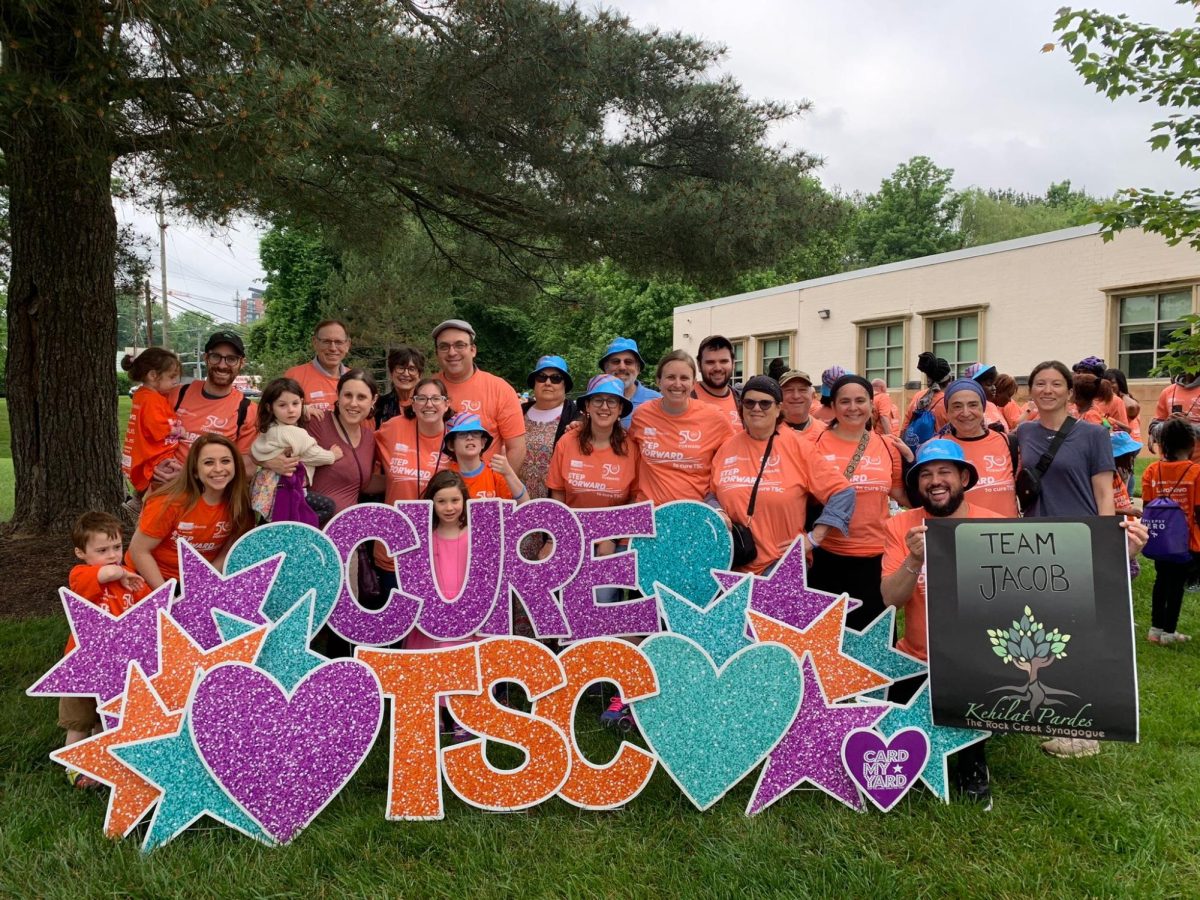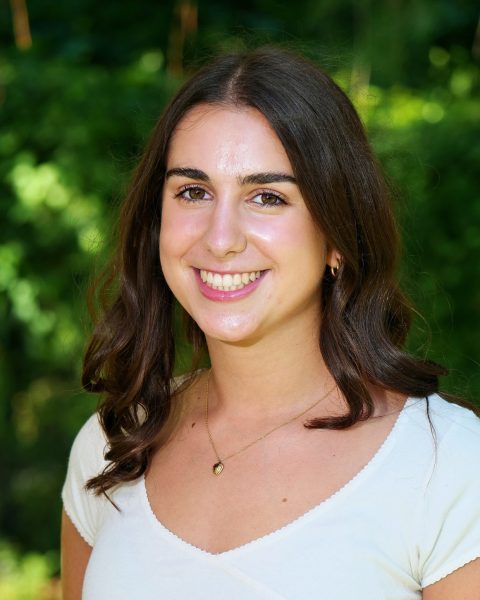Since the Israel-Hamas War broke out, most Jews have been in a state of worry and concern. At CESJDS, there has been a sense of helplessness as a result of the 6,000-mile gap. While many at JDS are American, the high school’s Hebrew Department, composed of Israeli natives, has been working to educate students on the war while dealing with the pain that comes from their personal connections to Israel.
The Hebrew curriculum has changed since the Oct. 7 attacks, with some teachers allotting the beginning of class to update students on recent events in Israel. Students in the Heritage class, which is a class for Israelis fluent in Hebrew, talk about more in-depth topics since many of the student’s parents are either from Israel or serving in the IDF.
“We do not get into details that might be overwhelming for students,” Upper School Hebrew Language Chair Shelli Putterman-Kenett said. “But we share that there is something irregular happening in dimensions that we haven’t seen for 50 years since the Yom Kippur War.”
Within the Heritage Class, there is a somber tone among students, but the curriculum is taught as rigorously as intended. Sophomore Ori Ben-Nun feels that his Hebrew class has become a safe space during an incredibly difficult time.
“School is very open to our ideas and heritage class is a place where we get to bond, talk about the war and how it is affecting us personally,” Ben-Nun said. “It’s a tight-knit community.”
Upon walking into the Hebrew department office, there is an intense bond that has developed since the Israel-Hamas War. All Hebrew teachers are constantly updating their colleagues on the latest news of their homeland, with many websites, news stations and articles being read throughout the office.
“If you walk into the Hebrew department, you could hear everyone screaming ‘Did you hear what happened? Look online to see what’s happening,’” Hebrew teacher Yaffa Dagony said. “We are like a family. Everybody’s updating and if you want to do real work, you need to go someplace else. We are very close when talking about what’s going on. We are emailing or writing on our WhatsApp things that are important and that we want to share.”
For the Hebrew teachers, it is particularly hard to teach because of their direct connection to Israel and the reality of living far away from their loved ones. They have been sensitive to the students while grappling with their own emotions regarding their family and friends in Israel. For some teachers, JDS has been a place of refuge from all the horror happening in Israel and a support system in their times of need.
“They [Israeli students] feel very safe to be at JDS,” Anat Kaufman, Hebrew teacher and Israel engagement coordinator said. “When you get into this school and you see the flags and you see the sign ‘We support Israel’, ‘Our heart with Israel’, and you see all over the love for Israel. I don’t know if you can understand how much it warms our hearts.”














